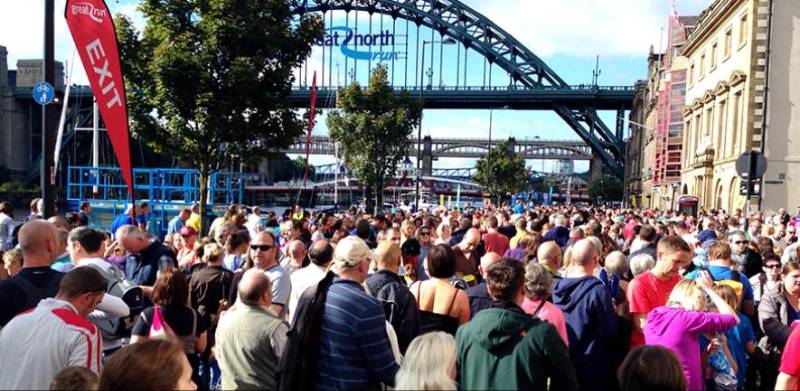People from Glasgow, Belfast, Dublin, and northeast England are significantly better at detecting fake versions of their accents compared to those from London and Essex, according to new research from the University of Cambridge. The findings suggest that shared cultural identity and historical tensions may have sharpened accent authentication abilities in certain regions.
Published in Evolutionary Human Sciences | Estimated reading time: 6 minutes
In the largest study of its kind, analyzing over 12,000 responses, researchers found that participants from Belfast were most skilled at identifying accent imposters, with detection rates reaching up to 85%. In contrast, Londoners and Essex residents barely performed better than chance, with success rates ranging from just over 50% to 65%.
“We found a pretty pronounced difference in accent cheater detection between these areas,” explains Dr Jonathan R Goodman from Cambridge’s Leverhulme Centre for Human Evolutionary Studies. “We think that the ability to detect fake accents is linked to an area’s cultural homogeneity, the degree to which its people hold similar cultural values.”
The researchers suggest that centuries of cultural tension, particularly involving southeast England, have led people in Ireland and northern regions to place greater emphasis on their accents as markers of social identity. Areas with stronger cultural group boundaries may have developed improved accent recognition as a defense against outsiders.
By contrast, London and Essex showed lower detection abilities, which researchers attribute to these areas having less defined cultural boundaries and greater exposure to varied accents. The study notes that many Essex accent speakers only moved to the area in the past 25 years from London.
The experiment used carefully designed test sentences to highlight distinctive features of seven regional accents. Participants listened to brief 2-3 second clips of both genuine speakers and mimics, then judged whether each accent was authentic. Even with such short samples, some regions achieved impressive accuracy rates of 70-85%.
“Cultural, political, or even violent conflict are likely to encourage people to strengthen their accents as they try to maintain social cohesion through cultural homogeneity,” notes Dr Goodman. “Even relatively mild tension, for example the intrusion of tourists in the summer, could have this effect.”
Glossary
- Cultural Homogeneity
- The degree to which members of a group share similar cultural values and practices.
- Phonetic Variables
- Distinctive sound features that characterize different accents or dialects.
- Social Cohesion
- The strength of relationships and sense of solidarity among members of a social group.
Test Your Knowledge
Which city’s residents were best at detecting fake accents?
Answer: Belfast residents were most skilled at identifying accent imposters.
What was the length of audio clips used in the study?
Answer: 2-3 seconds
What was the overall success rate for detecting fake accents across all groups?
Answer: Just over 60% of the time
Why were London and Essex residents less successful at detecting fake accents?
Answer: These areas have less defined cultural boundaries and greater exposure to varied accents.
Enjoy this story? Subscribe to our newsletter at scienceblog.substack.com
If our reporting has informed or inspired you, please consider making a donation. Every contribution, no matter the size, empowers us to continue delivering accurate, engaging, and trustworthy science and medical news. Independent journalism requires time, effort, and resources—your support ensures we can keep uncovering the stories that matter most to you.
Join us in making knowledge accessible and impactful. Thank you for standing with us!

